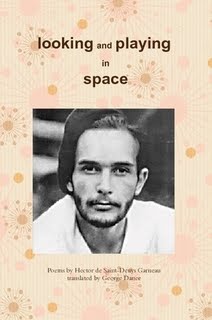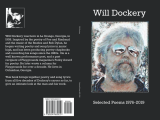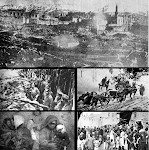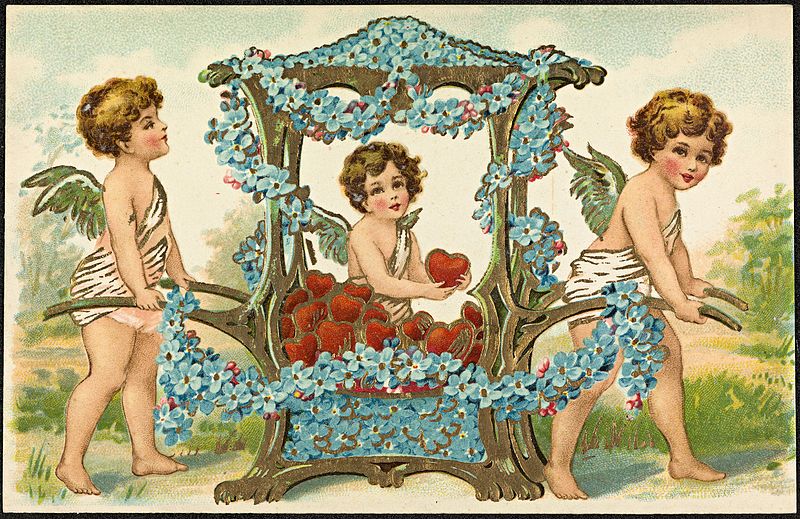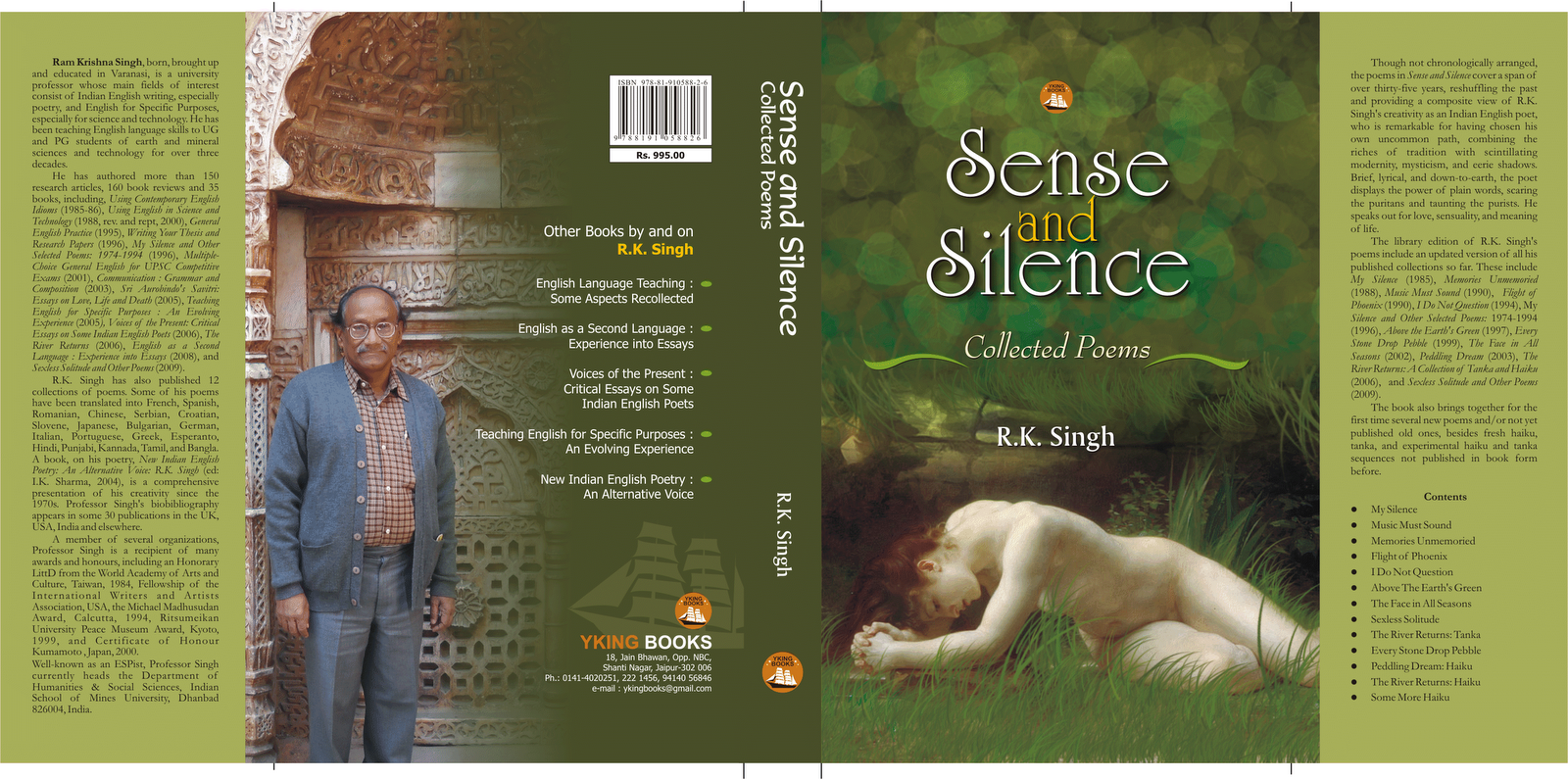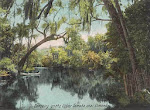S.I.W.
I will to the King,
And offer him consolation in his trouble,
For that man there has set his teeth to die,
And being one that hates obedience,
Discipline, and orderliness of life,
I cannot mourn him.
- W.B. Yeats
I. The Prologue
Patting good-bye, doubtless they told the lad
He'd always show the Hun a brave man's face;
Father would sooner him dead than in disgrace,
—
Was proud to see him going, aye, and glad.
Perhaps his mother whimpered how she'd fret
Until he got a nice safe wound to nurse.
Sisters would wish girls too could shoot, charge, curse...
Brothers
— would send his favourite cigarette.
Each week, month after month, they wrote the same,
Thinking him sheltered in some Y.M. Hut,
Because he said so, writing on his butt
Where once an hour a bullet missed its aim
And misses teased the hunger of his brain.
His eyes grew old with wincing, and his hand
Reckless with ague. Courage leaked, as sand
From the best sand-bags after years of rain.
But never leave, wound, fever, trench-foot, shock,
Untrapped the wretch. And death seemed still withheld
For torture of lying machinally shelled,
At the pleasure of this world's Powers who'd run amok.
He'd seen men shoot their hands, on night patrol.
Their people never knew. Yet they were vile.
'Death sooner than dishonour, that's the style!'
So Father said.
II. The Action
One dawn, our wire patrol
Carried him. This time, Death had not missed.
We could do nothing but wipe his bleeding cough.
Could it be accident?
— Rifles go off...
Not sniped? No. (Later they found the English ball.)
III. The Poem
It was the reasoned crisis of his soul
Against more days of inescapable thrall,
Against infrangibly wired and blind trench wall
Curtained with fire, roofed in with creeping fire,
Slow grazing fire, that would not burn him whole
But kept him for death's promises and scoff,
And life's half-promising, and both their riling.
IV. The Epilogue
With him they buried the muzzle his teeth had kissed,
And truthfully wrote the Mother, 'Tim died smiling'
---
Wilfred Owen (1893-1918), 1917
from Poems, 1920
[
Poem is in the public domain in Canada, the United States, and the European Union]





